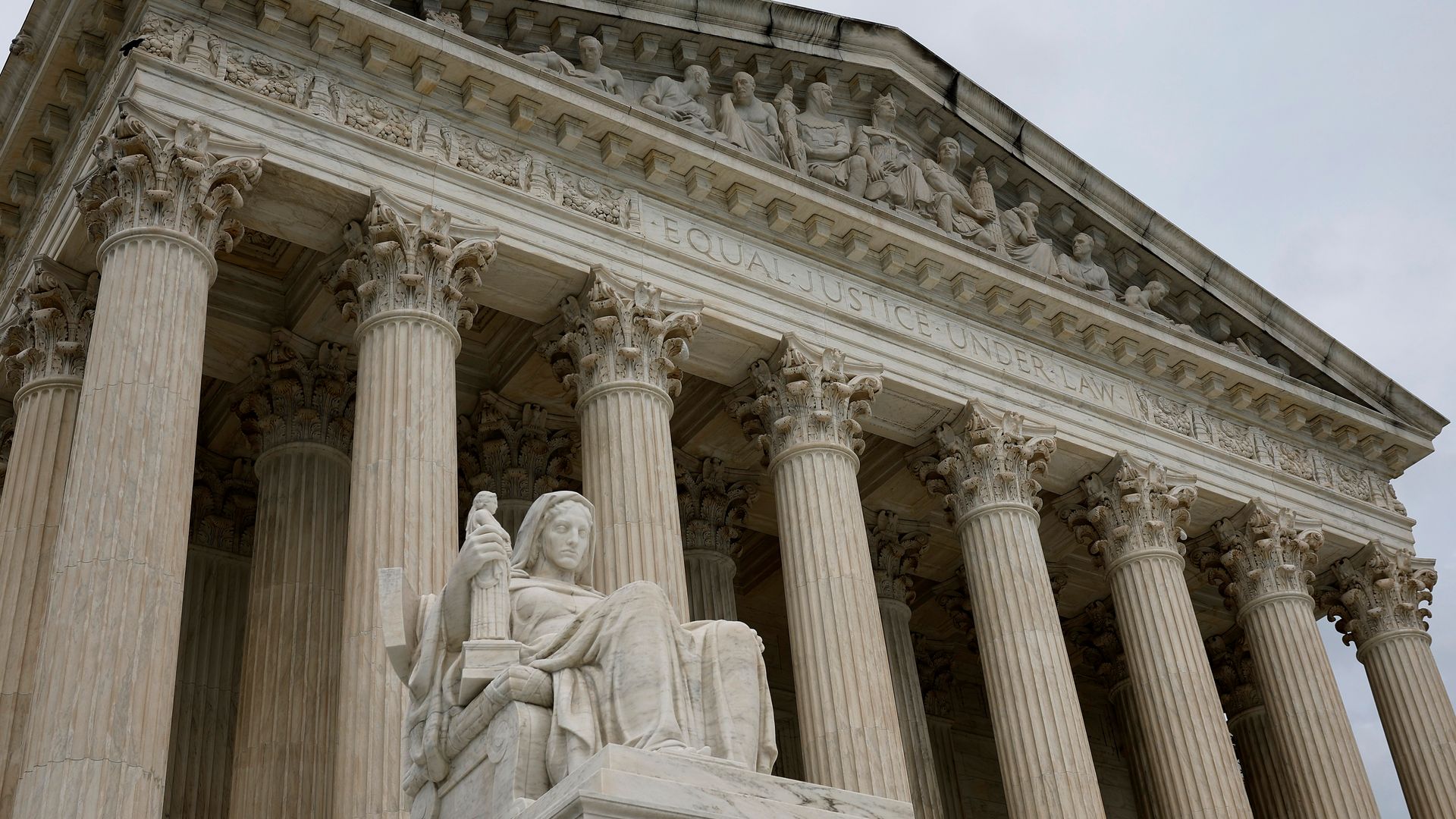
Lauren Taylor
A FEDERAL COURT HAS NOW CLARIFIED THE LIMITS OF LAW ENFORCEMENT’S ABILITY TO HOLD ONTO YOUR PRIVATE PROPERTY AFTER AN ARREST.
THE U.S. COURT OF APPEALS FOR THE DISTRICT OF COLUMBIA HAS RULED THAT THE FOURTH AMENDMENT’S PROTECTIONS AGAINST UNREASONABLE SEARCHES AND SEIZURES DON’T JUST APPLY TO HOW PROPERTY IS SEIZED, BUT ALSO TO HOW LONG THAT PROPERTY CAN BE KEPT BY ENFORCEMENT.
THE JUDGE STATED THAT WHILE THE POLICE ARE TO RETAIN ITEMS FOR LEGITIMATE ENFORCEMENT PURPOSES, SUCH AS EVIDENCE, HOLDING ONTO ITEMS INDEFINILTY WITHOUT CAUSE VIOLATES THE CONSTITUTION.
COURTS IN THE 1ST, 2ND, 6TH, 7TH AND 11TH CIRCUITS HAVE GENERALLY RULED THAT ONCE AN ITEM IS SEIZED, POLICE COULD KEEP IT WITHOUT WORRYING ABOUT THE FOURTH AMENDMENT. THAT ALLOWED LAW ENFORCEMENT TO HOLD ONTO PERSONAL PROPERTY FOR MONTHS, SOMETIMES YEARS, EVEN IF THE PERSON ARRESTED NEVER FACED CHARGES.
THIS CASE STEMS FROM ARRESTS MADE DURING THE BLACK LIVES MATTER PROTEST IN WASHINGTON D.C. BACK IN AUGUST 2020. SEVERAL PROTESTERS HAD THEIR PHONES AND OTHER ITEMS SIEZED AND ALTHOUGH THEY WERE ‘QUICKLY’ RELEASED WITHOUT CHARGES, THEY DIDN’T GET THEIR PROPERTY BACK FOR A YEAR, AND IN SOME CASES MORE THAN A YEAR. THE PLAINTIFFS SAY THEY LOST ACCESS TO CRITICAL PERSONAL INFORMATION AND WERE FORCED TO REPLACE THEIR PHONES, WHILE IT SAT IN LAW ENFORCEMENT CUSTODY, SERVING NO REAL PURPOSE. PLAINTIFFS ARGUED THAT WHILE THE INITIAL SEIZURES WERE LAWFUL, HOLDING ONTO THEIR PROPERTY FOR SO LONG WITHOUT ANY CHARGES AMOUNTED TO AN UNREASONABLE INTERFERENCE WITH THEIR RIGHTS.
WITH LAW ENFORCEMENT AGENCIES ALREADY PREPARING TO ADJUST THEIR POLICIES IN LIGHT OF THIS RULING, THIS CASE COULD SET THE TONE FOR HOW LONG POLICE CAN HOLD ONTO YOUR PERSONAL PROPERTY, NOT JUST IN D.C. BUT POTENTIALLY ACROSS THE NATION.
WE’LL KEEP AN EYE ON THIS ISSUE AND YOU CAN TOO. DOWNLOAD THE STRAIGHT ARROW NEWS APP – AND SIGN UP FOR NEWS UPDATES SO YOU NEVER MISS A STORY.











